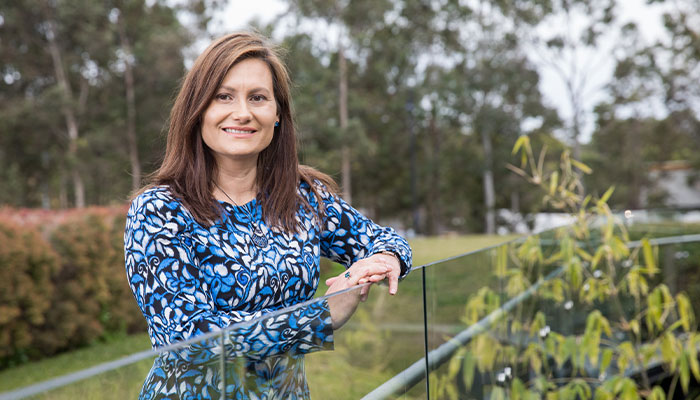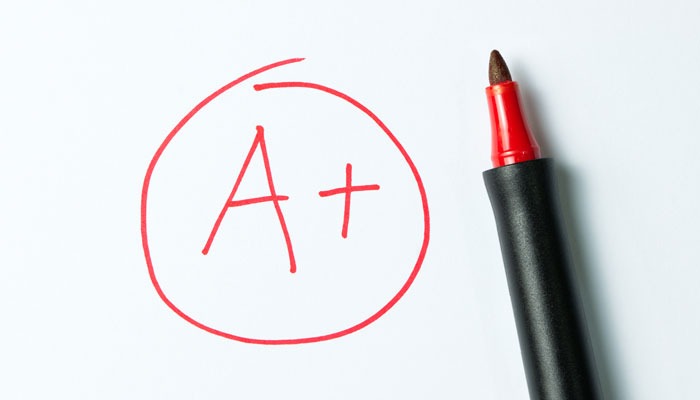Around one in every 20 Australians battles addiction or substance abuse. Addiction is about our pursuit of reward. Exercise, sex, drugs and alcohol, shopping, gambling and other behaviours can make us feel good.

Games of risk: Gambling has been included for the first time in the Diagnostic and Statistical Manual 5th Edition, the global standard for mental health.
We form associations between these behaviours and the cues and environments that predict them. These can be things like pubs, people, emotions, and particular times of the day.
These cues and environments can trigger cravings that keep us coming back for more. Sometimes our behaviour becomes excessive and we continue to engage in the behaviour despite reaping less reward and more negative consequences.
When pursuit of reward turns into an addiction
To classify someone’s behaviour as “addictive’, it needs to fit three criteria:
- Is the person engaging in the behaviour to a greater extent than other people in the same context?
- Is the person continuing this excessive behaviour, despite it not having the same reward as it used to when they first started engaging in it?
- Is this behaviour causing a lot of distress or impairment to them personally or people in their lives?
We can’t separate addiction from mental health. Addiction is a mental health problem.
One American study of 1200 people found two-thirds of people relapsed in under a year and that half of people who stayed drug-free for a year later relapsed.
The Diagnostic and Statistical Manual 5th Edition is the global standard for mental health. DSM-5 indicates that substances including alcohol, hallucinogens, tobacco, cannabis, sedatives, opioids, inhalants, hypnotics and anxiolytics can lead to addiction.
It also includes gambling for the first time. This is really important because behavioural addictions were omitted from earlier versions of the DSM-5. Other behavioural addictions under discussion include excessive sexual behaviour, compulsive buying, gaming and excessive Internet use.
Kicking addiction
The first step is for an individual to resolve any ambivalence they might have about changing their behaviour.

Another round: One in 20 Australians battles addiction or substance abuse, but even if they overcome it, chances of relapse are high, says Associate Professor Norberg.
Clinical psychologists often incorporate motivational interviewing to help people think about their reasons for changing. If they continue this behaviour and change nothing, what's their life going to be like? If they reduce their behaviour, how might their life improve? What would they gain that they are currently missing?
Motivational interviewing is often combined with cognitive behavioural therapy, which helps people develop the skills to change their behaviour.
But whether a person enrols in residential rehabilitation, a detoxification program, joins Alcoholics/Narcotics Anonymous or engages in cognitive and behavioural therapy, their chance of relapse is quite high.
- Fuel's paradise: NSW energy plan aims to reduce emissions
- Why we need more brazen hussies in Australia today
One American study of 1200 people found two-thirds of people relapsed in under a year and that half of people who stayed drug-free for a year later relapsed.
Recent research from the University of New Mexico shows that positive outcomes can occur from non-abstinent recovery and so abstinence might not be the only way to achieve gains.
Improving treatment outcomes
Regardless of what definition we use for recovery, we have ample evidence that treatment outcomes must improve. Given high rates of relapse, we need to provide individuals with access to long-term treatment.

Recovery plan: Associate Professor Melissa Norberg (pictured) says conditions such as anxiety and depression, which commonly occur alongside addiction, also need to be treated.
We also need to do a better job at helping people break the connections between the cues and environments that trigger drug and alcohol use and their engagement in these behaviours.
We also need to treat conditions, like anxiety and depression, that commonly occur alongside addiction. If people have lost their jobs, their relationships, and/or have difficulty functioning because of the addiction, they need social services to help them achieve a meaningful quality of life and with less reasons to return to that behaviour.
Drugs and alcohol also affect those individuals closest to the person with the addiction. We also need to provide services for those significant others. So, I welcome more funding for addiction research and treatment.
Melissa Norberg is Associate Professor in the Department of Psychology at Macquarie University.
Addicted Australia is screening on SBS on Demand.



